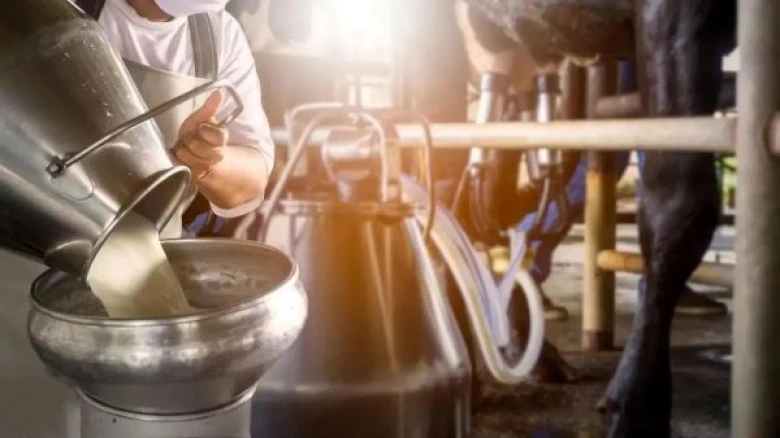Regional

Court asked the police to identify the sources of oxytocin production, packaging, and distribution, and take appropriate legal action
Digital Desk: The Delhi High Court has ordered state authorities to take action against the illegal use of oxytocin on cattle in dairy colonies in the capital city. The court noted that administering this hormone, which increases milk production, amounts to animal cruelty and is therefore a criminal offence.
The court directed the Delhi government's Department of Drugs Control to conduct weekly inspections of the dairies and register cases against anyone found using oxytocin. These cases will then be investigated by the police. The court also asked the police to identify the sources of oxytocin production, packaging, and distribution, and take appropriate legal action.
The court's order came after a petition highlighted the poor conditions in Delhi's dairy colonies and the "rampant use" of oxytocin, as reported by a court-appointed commissioner. The commissioner had inspected nine dairy colonies and found the conditions to be very poor overall.
The court was particularly concerned about the dairies located next to landfill sites, as the cattle there would likely be feeding on hazardous waste, making the milk unsafe for human consumption, especially for children. The court stated there is an urgent need to rehabilitate and relocate these problematic dairies.
What is oxytocin, and why is it harmful?
Oxytocin is a naturally occurring hormone that is essential for childbirth and lactation in humans and animals. It is commonly used in medicine to induce and strengthen contractions during labour and to prevent postpartum haemorrhage, a leading cause of maternal mortality. When used properly under medical supervision, oxytocin is a life-saving drug.
However, there have been concerns raised about the misuse of oxytocin, particularly in the dairy industry. Some animal rights activists, like Maneka Gandhi, have claimed that oxytocin is being used illegally to increase milk production in dairy animals like buffaloes. They allege that this leads to animal cruelty, as the animals are forced to produce milk through painful procedures and can become infertile with long-term use.
The Central government banned the medicine in April 2018, claiming that it was being overused on milch cattle to improve production, which harmed not only the cattle's health but also the health of humans who drank the milk.
The scientific evidence on the effects of oxytocin use in dairy animals is mixed. Some studies have found that low, controlled doses of oxytocin do not harm the animals or affect the quality of their milk. However, the indiscriminate and unsupervised use of oxytocin, especially at high doses, can indeed be problematic and lead to adverse effects in animals.
There are concerns that milk from oxytocin-treated animals may contain residues of the hormone that could potentially have negative health impacts on human consumers. However, multiple studies have found that oxytocin levels in milk are low and do not survive digestion, so the risk to human health appears to be minimal.
While oxytocin is an important and widely used medication, its misuse, particularly in the dairy industry, has raised valid concerns about animal welfare and potential human health impacts. Proper regulation and oversight of oxytocin use is necessary to balance its benefits and risks.
Leave A Comment